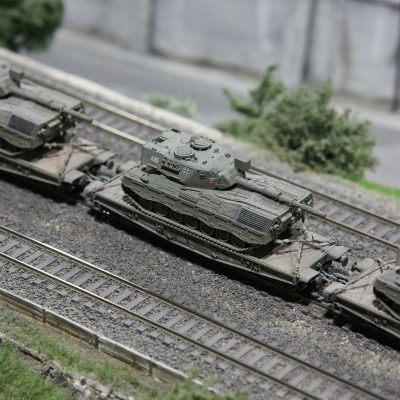Defence spending in Europe: Can we do better without spending more?

The negotiations about the EU budget after 2013 can’t ignore austerity concerns but, due to its limited size, we cannot expect major savings from applying austerity at the EU-level.
A more intelligent response to the austerity challenge is to look at ways to make savings by better coordinating EU and national-level spending or by re-organising spending tasks. To explore these potentialities for efficiency gains, Notre Europe launches a set of publications under the title “How to spend better together”, which contains both transversal and sector-focused analysis.
In the context of this project, this policy paper by Fabio Liberti focuses on the defense sector. After an historical overview of the European Common Security and Defense Policy and a description of the current state of national defense budgets in Europe, the paper explores ways to increase the efficiency of military spending in Europe through a possible “europeanization” of the latter. It also analyses the political and technical blockages that are preventing more integration in the area of defense.




